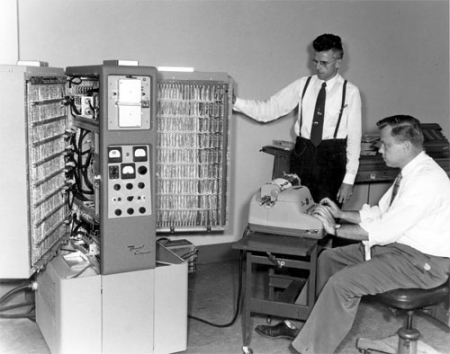The life of Bruno Lussato - 1960's - 1970's
By Kevin Bronstein

Dear Friends,
The following post is the next installment of The life of Bruno Lussato. In the first blog I recounted my initial encounters with the Professor and left us at the begining of the 60’s. At that stage he had already gotten himself his professorship at the CNAM and started professing the benefits of American management theory. His activities as a researcher and professor allowed him to apply this theoretical framework to the very real situations he started to face with his clients.
Bruno and I shared many of the same values when it came to management. The following principles were at the centre of his work in the 60’s and 70’s but stayed core to his beliefs as long as I knew him: Decentralisation; Manage through goals, not procedures; Simplify workflow.
It was a time where American enterprise, supported by the contemporary academics, thrived in a virtuous balance between stakeholders shareholder value, respect of the clients, employees and the host countries to these newly emerging multinational outfits. It was a time where there was a genuine desire to preserve the prestige and the quality of the products, not the brand, and the religion of work ethics was pervasive throughout the enterprise. Having lived through these days myself, I can assure you that there was no cynicism, no demagogy nor naïveté on behalf of the companies contrarily to today’s vacuous mission statements implemented by short termist professional CEO’s. T
hese principles were defended by the likes of Professor Lussato and organisations such as the AFAP (l'Association Française pour l'accroissement de la productivité), the CNOF (Le comité national pour l'organisation française) but in particular the OST(Organisation Scientifique du Travail) at Lussato’s CNAM (Conservatoire National des arts et Métiers). This benevolent vision of enterprise, emboldened by the technical knowledge of the likes of the Professor and myself (often did I participate alongside Bruno in AFAP or OST events), allowed Europe to graduate in a near miraculous timeframe –although China seems to be making new time here- from a arts and craft post war societies to fully industrialized nations.
I visited Bruno in Paris in 1962, a trip I vividly remember. He was working at the BHV in the service of a visionary of the time, Georges Lillaz. He had a truly human approach to retailing allowing for unheard of autonomy to the so called “Chef de Rayon” (department manager in a store) who were both buyers and sellers. He despised the “other” model that most Wall Mart like chains follow: Bureaucratic, centralized decision-making subjected to the illogic language of IT Systems of the time and self centred agendas of HQ managers.
Commentaires